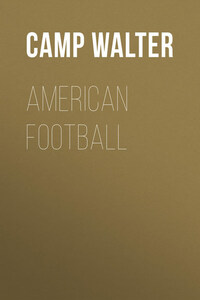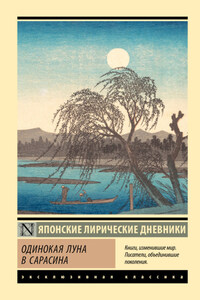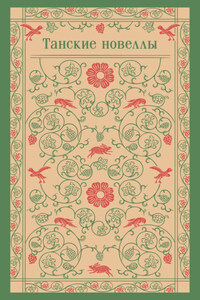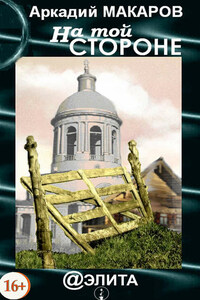ENGLISH AND AMERICAN RUGBY
AMERICAN FOOTBALL
Rugby football – for it is from the Rugby Union Rules that our American Intercollegiate game was derived – dates its present era of popularity from the formation in England, in 1871, of a union of some score of clubs. Nearly ten years before this there had been an attempt made to unite the various diverging football factions under a common set of laws; but this proved a failure, and the styles of play became farther and farther apart. Of the Association game one can say but little as regards its American following. It is quite extensively played in this country, but more by those who have themselves played it in Great Britain than by native-born Americans. Its popularity is extending, and at some day it will very likely become as well understood in this country as the derived Rugby is to-day. Its essential characteristic is, that it is played with the feet, in distinction from the Rugby, in which the ball may be carried in the hands.
To revert to the Rugby Union. Years before the formation of this association the game was played by sides almost unlimited in numbers. One of the favorite school matches was "Sixth form against all the rest of the school." Twenty on a side, however, became the ruling number; but this was, after a time, replaced by fifteens, as the days of twenties proved only shoving matches. With the reduction in numbers came increased running and an added interest. This change to fifteens was made in 1877, at the request of Scotland. At once there followed a more open style of play, and before long short passing became common. In 1882 the Oxford team instituted the long low pass to the open, and by the use of it remained undefeated for three seasons.
After the decrease to fifteen men the number of three-quarter-backs, who really represent our American half-backs, was increased from one to two, and two full-backs were played. A little later British captains put another full-back up into the three-quarter line, playing with only one full-back.
The Englishmen also play two men whom they call half-backs, but whose duties are like those of our quarter-back, for they seize the ball when it comes out of the scrimmage and pass it to a three-quarter for a run.
Nine men is the usual number for an English rush line, although a captain will sometimes take his ninth rusher back as a fourth three-quarter-back. There is much discussion as to when this should be done. The captain selects his men much as we do in America, and he is generally himself a player of some position behind the line, centre three-quarter being preferred. The opening play in an English Rugby game is, as a rule, a high kick well followed up. If one will bear in mind that the half-backs are, like our quarter, the ones to seize the ball when it emerges from a scrimmage and pass it to the three-quarters, he will gain some idea of the character of the English method. He should understand, however, that the English half-back is obliged to look out sharply for the ball, because it comes out by chance and at random, and not directly as in our game, where the quarter can usually expect to receive the ball without trouble from the snap-back.
The forwards in an English match endeavor, when a scrimmage occurs, by kicking and pushing to drive the ball in the direction of their opponents' goal line, and they become extremely expert in the use of their feet. There are two umpires, whose duty it is to make claims (which they do by raising their flags), and a referee, who allows or disallows these claims. The penalty for fouls, which was at first only a down, is now in many cases a free kick.
The American game, it must be remembered, came from the Rugby Union in 1875, and not from the Rugby Union of to-day, although the changes in the English game have been by no manner of means commensurate with those made on this side the water. Being bound by no traditions, and having seen no play, the American took the English rules for a starting-point, and almost immediately proceeded to add and subtract, according to what seemed his pressing needs. And they were many. A favored few, whose intercourse with Canadian players had given them some of the English ideas, were able to explain the knotty points to a small degree, but not enough to really assist the mass of uninitiated players to an understanding. Misinterpretations were so numerous as to render satisfactory rulings almost out of the question and explanatory legislation imperative. In the autumn of 1876 the first game under Rugby rules between American colleges was played at New Haven, and before another was attempted a convention had tried its hand at correcting the weak points, as they appeared to the minds of the legislators, in the Rugby Union Rules.








